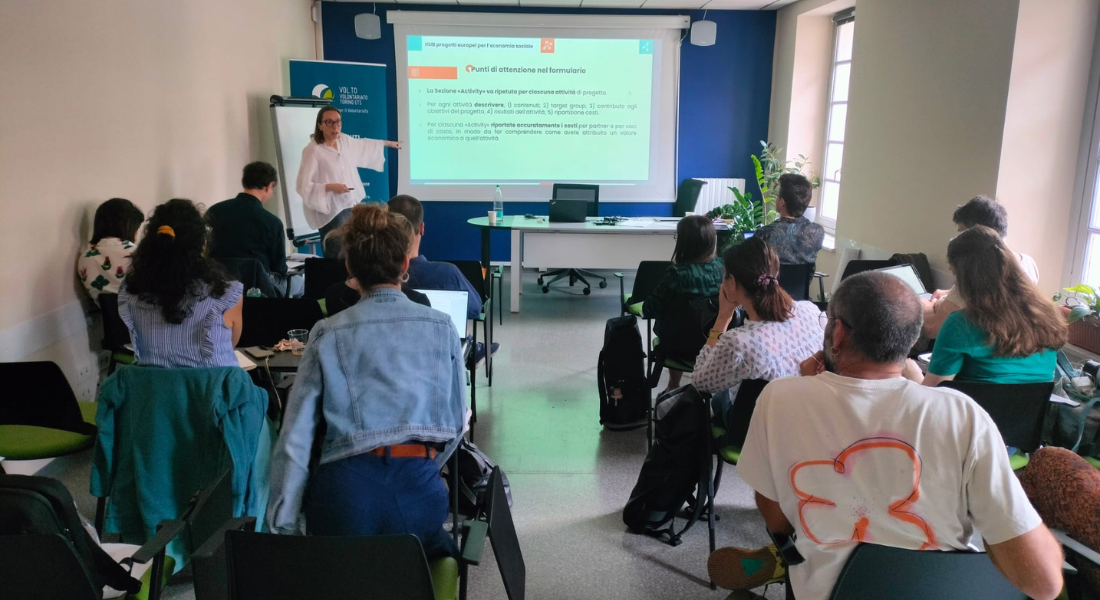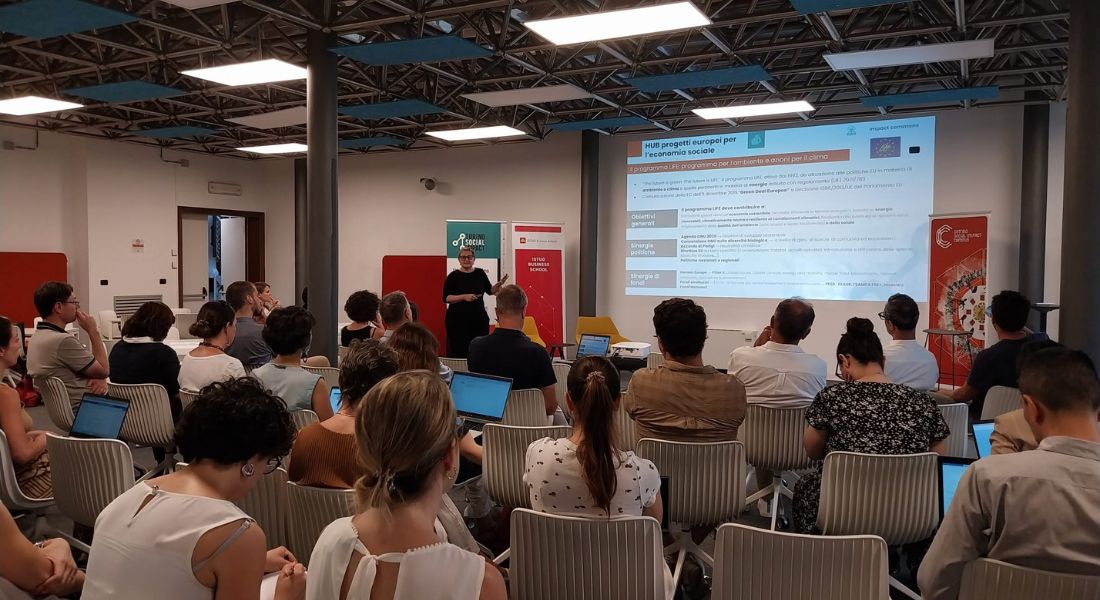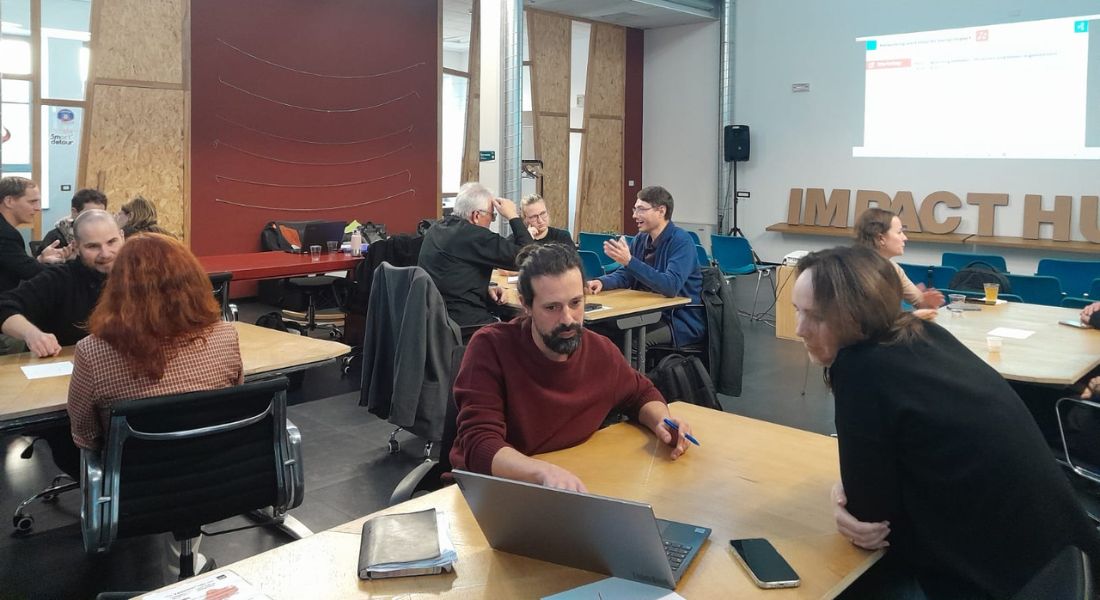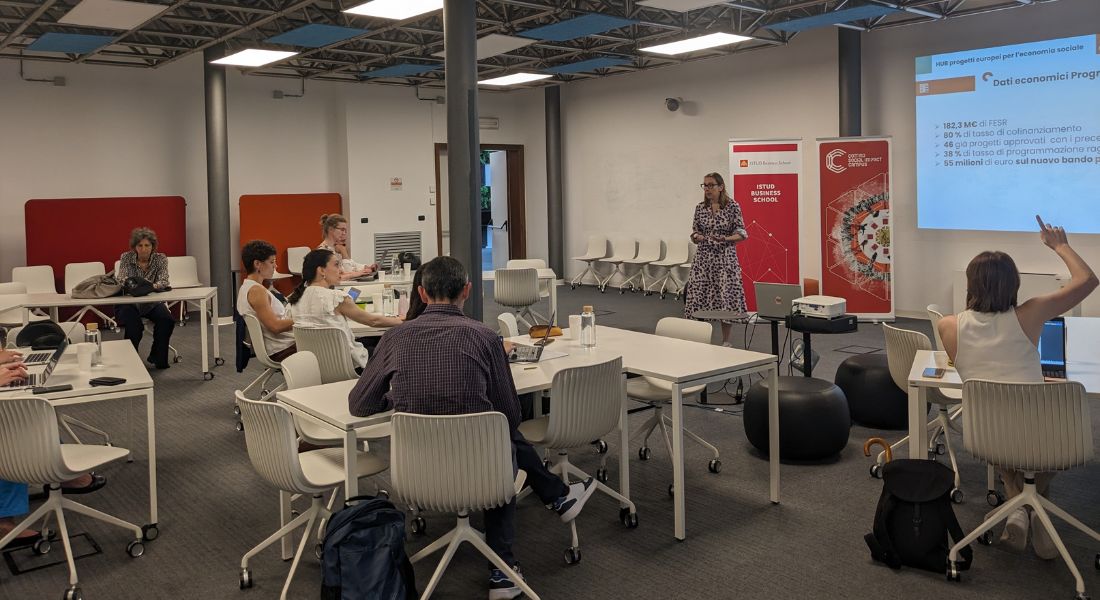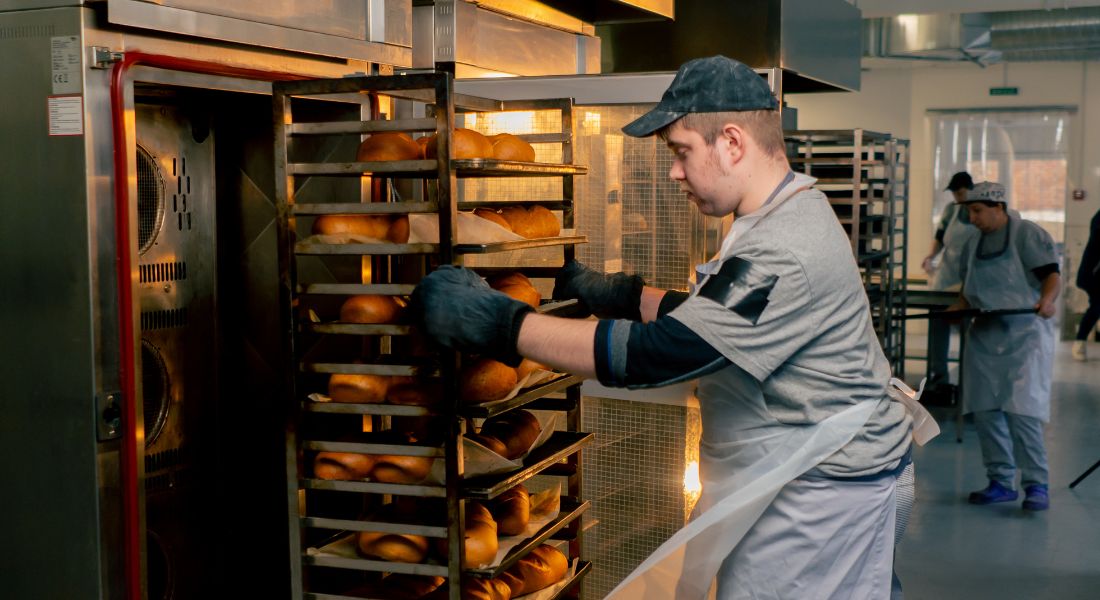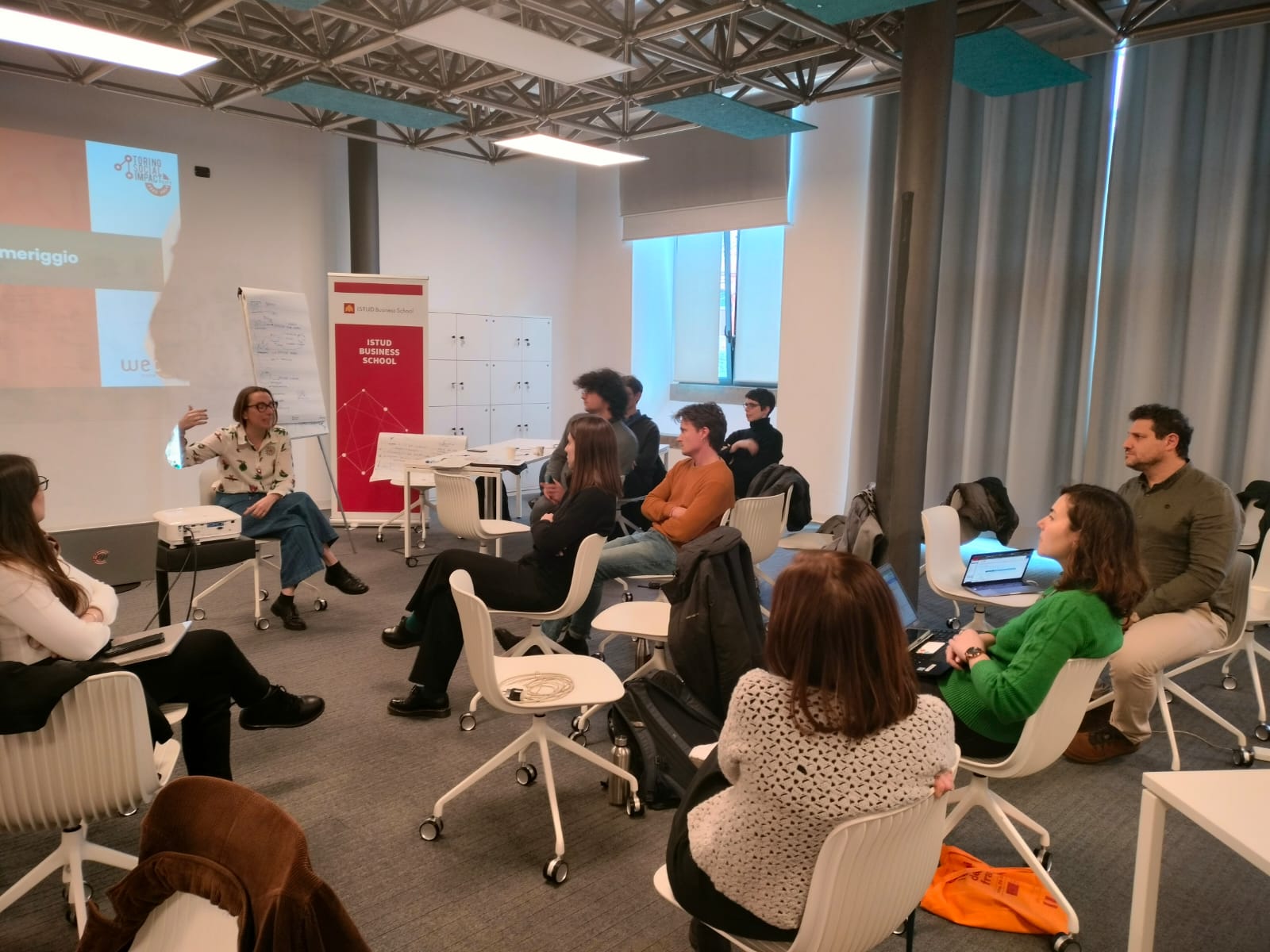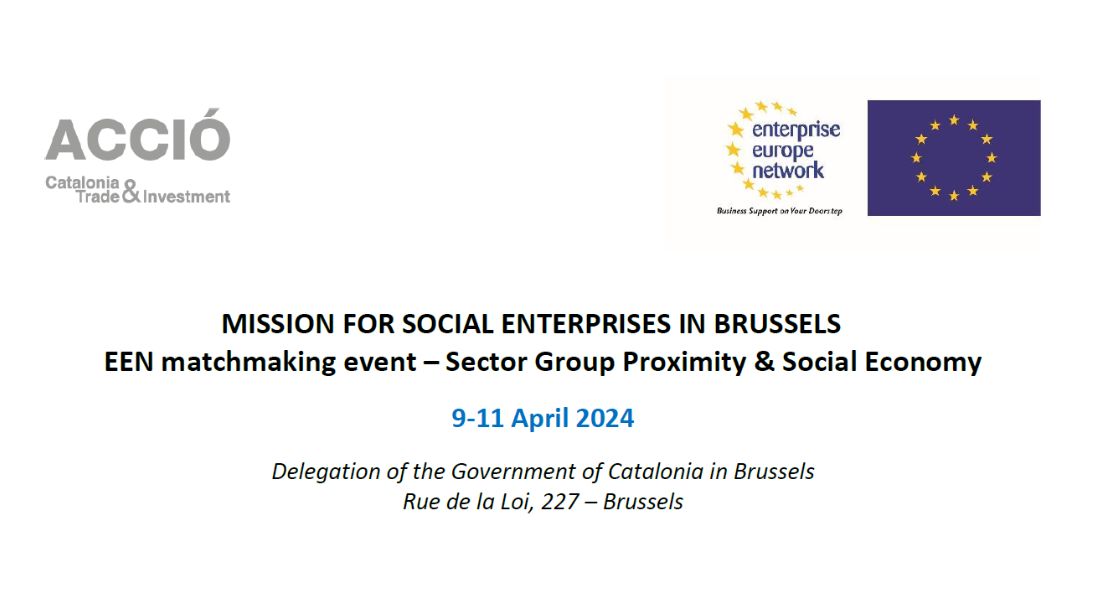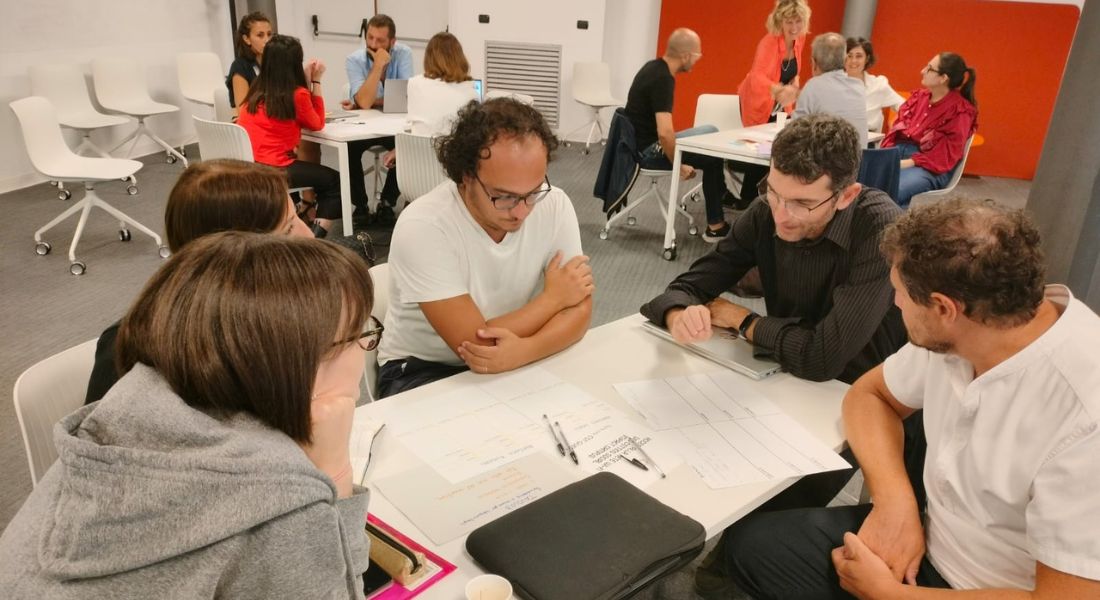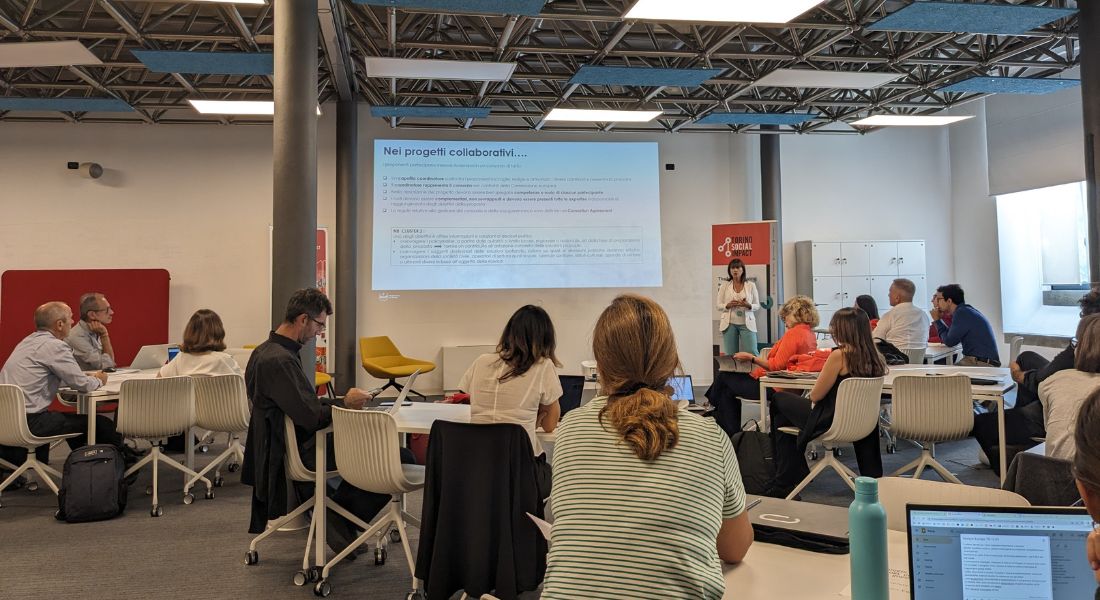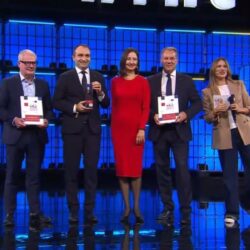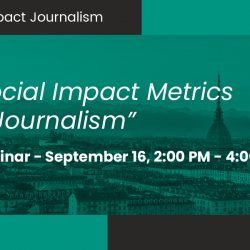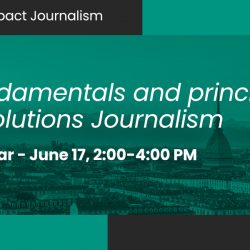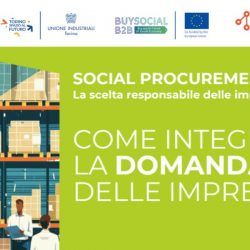Enhancing European culture and project design capabilities within the TSI ecosystem is one of the objectives of the European Projects HUB for social economy, initiated in collaboration with Weco Social Enterprise with support from the Chamber of Commerce of Turin and the Compagnia di San Paolo Foundation.
Among the numerous EU programs that fund socially impactful activities, Erasmus Plus is undoubtedly the most widespread and well-known. On Friday, May 31, TSI organizations interested in exploring the program gathered at the Volunteer Service Center Vol.To to work on developing a project to be submitted for the autumn 2024 deadlines. Specifically, some calls expiring on October 1, 2024, were examined: small-scale partnerships in the VET (Vocational Education and Training), ADU (Adult Education), and YOU (Youth) sectors – KA210 and the accreditation for mobility in the VET, ADU, and YOU sectors – KA120 and KA150.
A Day of Capacity Building and Peer Exchange
The morning began with an introduction to the Erasmus Plus program by Davide Prette and Matteo Maritano from Vol.to’s European project office. Following this, Ilaria Molendi and Guido Mandarino of AlgoritmoAssociates shared their project design experiences on two small-scale projects, highlighting how even a “negative” evaluation can be a valuable learning experience. Finally, Maria Chiara Pizzorno, a senior expert at Weco Social Enterprise and evaluator of numerous European programs, conducted an informative session on the program’s calls.
In the afternoon, the organizations, divided into working groups, designed projects based on the open calls for small-scale partnerships in the Adult Education (ADU) and Youth (YOU) sectors – KA210, and the accreditation for mobility in the VET, ADU, and YOU sectors – KA120 and KA150.
The Erasmus Plus Program
The Erasmus program, initiated in 1987 as an EU student mobility program, transformed into Erasmus+ in 2014. This simplified program combines all previous EU funding mechanisms in education, training, youth, and sports, including the Lifelong Learning Program (Comenius, Erasmus, Leonardo da Vinci, Grundtvig), Youth in Action, and five international cooperation programs (Erasmus Mundus, Tempus, Alfa, Edulink, and the cooperation program with industrialized countries).
Projects can be submitted under three key actions (KA):
- KA1: Individual mobility for learning purposes
- KA2: Cooperation for innovation and the exchange of good practices (subdivided into Adult, Youth, Sports, etc.)
- KA3: Support for policy development and cooperation
The 2021-2027 program focuses on several priorities:
- Social inclusion
- Environmental sustainability
- Digital transition
- Promoting youth participation in democratic life


